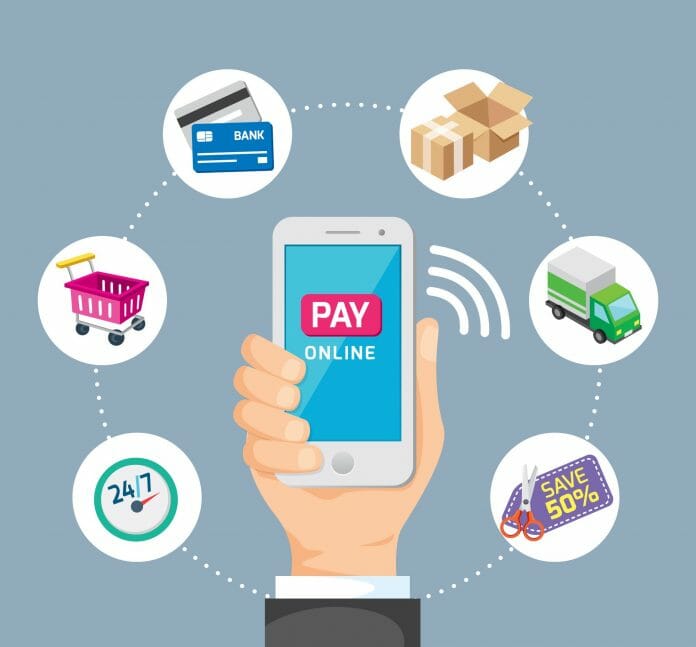E-ang pows: yes, it’s a thing. Instead of the traditional method of handing over those lovely red packets containing (we always hope we get the blue and purple notes but we often get) the red notes, cashless technology has extended its reach to include e-ang pows.
This service has been around since 2016 with several Malaysian banks offering this service to customers. Customers just need to transfer the e-ang pow from the bank app to their loved one using their valid mobile number or email address.
Some customers find they can even send the e-ang pow through a verified Facebook account.
As long as you have other details and the One-Time Password (OTP), online transfers can be done conveniently to any other bank accounts.
However, in the nation’s journey in becoming a cashless society via digitalisation (and the increased adoption of online and mobile channels) is the accompanying proliferation of opportunities and incidences of fraud by anonymous and hidden perpetrators.
According to Forrester, there has been an increase of 62% increase in payment fraud since late 2015. We need to bear this in mind as the value of global payments is expected to exceed USD2.3 trillion by 2019, according to McKinsey, and Kaspersky senior leadership in Southeast Asia also warns users to be more vigilant.
Yeo Siang Tiong, General Manager at Kaspersky Lab Southeast Asia, says “Our own data at Kaspersky Lab has shown that globally, 35% of new users now use their smartphone for online banking and 29% for online payment systems.”
With the parallel rise of available e-payment services and interested users, adds Yeo, the teams at Kaspersky expect more financially-motivated threats against this technology.
“Newer successful paymetn types will see more attack attempts as their profitability increases,” he adds.
“The more money is involved,” says Yeo, “the more tempting it is for cybercriminals.”
When it comes to ang pows, he adds, it would be a wise move to stick to tradition, bu giving out the physical red packets to loved ones.
Kaspersky has shared simple but effective tips to help Malaysians harness cashless technology while still securing their money online:
- Be sure that your PC and smartphone have the updated OS and solid cybersecurity solution. Kaspersky Lab’s updated consumer suite 2019 are packed with features aimed at boosting financial security of devices.
- Verify the site or app that you will be using — check if they are legitimate and with strong encryption
- Always use a strong and unique password. You can test your password at https://password.kaspersky.com
- Implement two-factor authentication.
- Download your payment apps from official stores.
- Be sure to be extra vigilant each time you make an online transaction.









